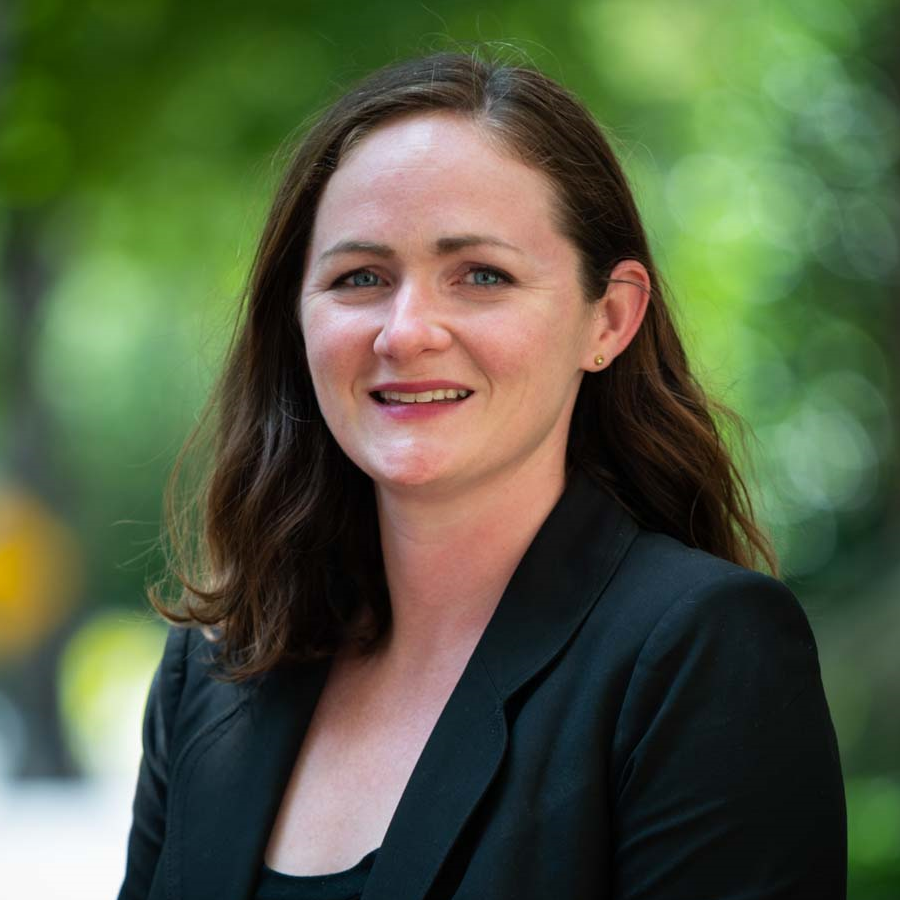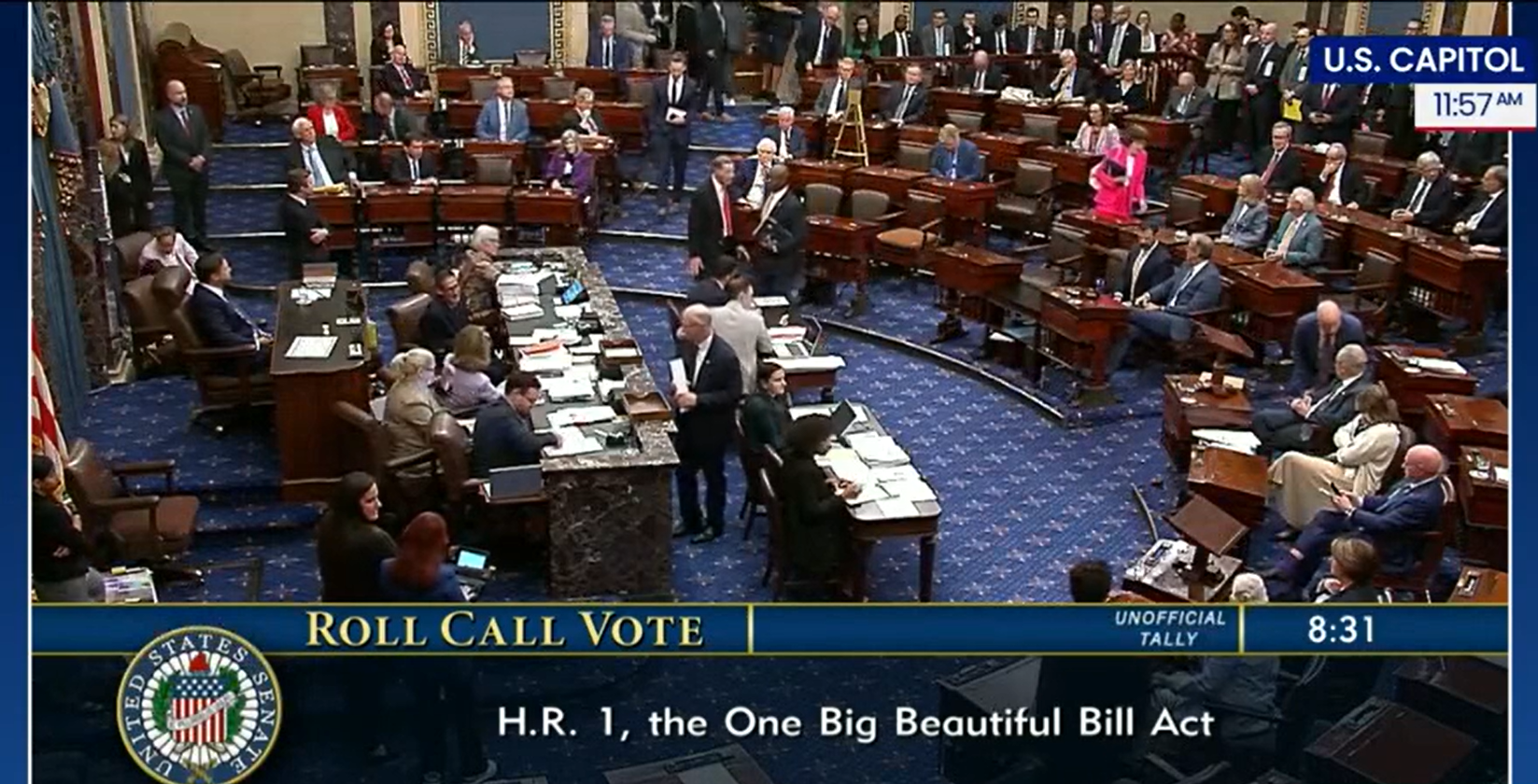Capitol Correspondence - 07.30.24
CMS Holds Open Door Forum on Access Rule
Share this page
Stay Informed on the Latest Research & Analysis from ANCOR
More News
Stateside Report - 06.23.25
Stateside Report: June 30, 2025

Capitol Correspondence - 06.24.25


